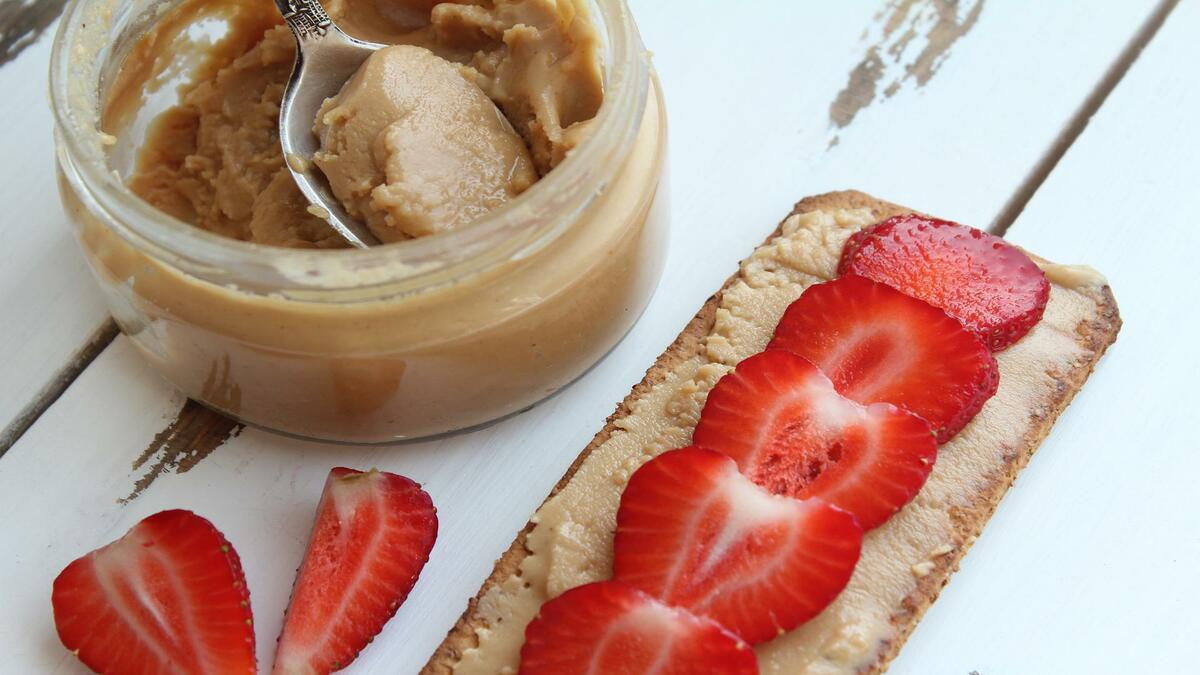Should You Wash Your Peanut Butter Jars Before Recycling Them?

Over the years, peanut butter has made its way to one of the most popular bread spreads in the world. As such, it’s currently easy to end up with tons of empty peanut butter jars in your house. But can you recycle these jars? And if so, should you wash them beforehand?
Well, that’s what we’re going to talk about in this post.
Can peanut butter jars be recycled?
Yes, peanut butter jars can be recycled. In fact, they are accepted by many curbside recycling programs. Even if yours doesn’t accept them, you can usually easily find a suitable drop-off site nearby.
Do peanut butter jars need to be cleaned before recycling them?
Yes, you need to clean peanut butter jars before you recycle them. Failure to do so can contaminate entire recycling bins. This is particularly an issue because plastic recyclables are susceptible to contamination.
However, you don’t need to clean peanut butter jars to expert levels for them to be ready for recycling – a little bit of light cleaning is enough.
Can peanut butter jar lids be recycled?
Yes, peanut butter jar lids can be recycled.
How do you clean a peanut butter jar for recycling?
To properly clean a peanut butter jar, follow the steps below:
1. Scrape away any leftover peanut butter
The first thing you need to do is to use a spatula to remove all the remaining peanut butter from the jar.
Alternatively, you can let your dog or other pets lick all the peanut butter off.
2. Soak the jar
Once the jar is empty, pour warm water into it until it’s ⅓ full.
Afterward, add a drop of dish soap to the water, close the jar with its lid and let the solution sit for around 5 minutes. At this point, shake the closed jar for 20 seconds to dislodge dirt and oil.
Once you’re done, pour out the solution and rinse the jar and its lid. Most of the peanut butter smudges would have been washed away at this point – if anything’s left, it’ll just be a little oil.
3. Dry
Air out the jar and lid to dry by placing them upside down on a drying rack. If you don’t have one of these racks, just place them upside down at the edge of your sink. Once they are dry, you can recycle them.
Do you leave lids on when recycling peanut butter jars?
If both your peanut butter jar and its lid are made of plastic, you can leave the lid on when recycling.
However, if the jar is made of glass and the lid is made of plastic, you’ll need to separate them before placing each in its respective recycling bin.
Can you reuse peanut butter jars?
Yes, you can reuse peanut butter jars, even when they still have streaks of the butter. The most common way to do this is to use them to create a snack mix. Just add some cereal to the jar and mix it with some chocolate chips and sugar.
You can microwave the mixture at intervals and shake it to ensure it mixes well.
Alternatively, you could mix oats, milk, chia seeds, berries, and maple syrup in the jar and let the mixture sit overnight in the refrigerator before having it as a snack.
What else can I do with empty peanut butter jars?
Apart from recycling empty peanut butter jars or throwing them out, you can repurpose them. Here are a few ways to do that:
1. Create a jar bank
If you want to teach your kids about saving, you can easily transform an empty clean peanut butter jar into a bank for them to use at home.
All you have to do is make a slit cut at the center of the lid so that they can easily slide money into the jar. Afterward, you can let them decorate the jar as they please.
2. Use them as storage for craft supplies
You can use empty peanut butter jars to store craft and office supplies like stamps and rubbers. You can even label them if you want.
3. Create a terrarium
You can do this by cutting out a central circular hole at the side of your jar, flipping it upside down, and placing some soil and a few plants inside it. The sand and plants should lie on the lid, forming the terrarium’s base.
Final thoughts
Ultimately, it’s important to wash out all your peanut butter jars before recycling them. While it may seem like something small, it makes your recycler’s job much easier.
